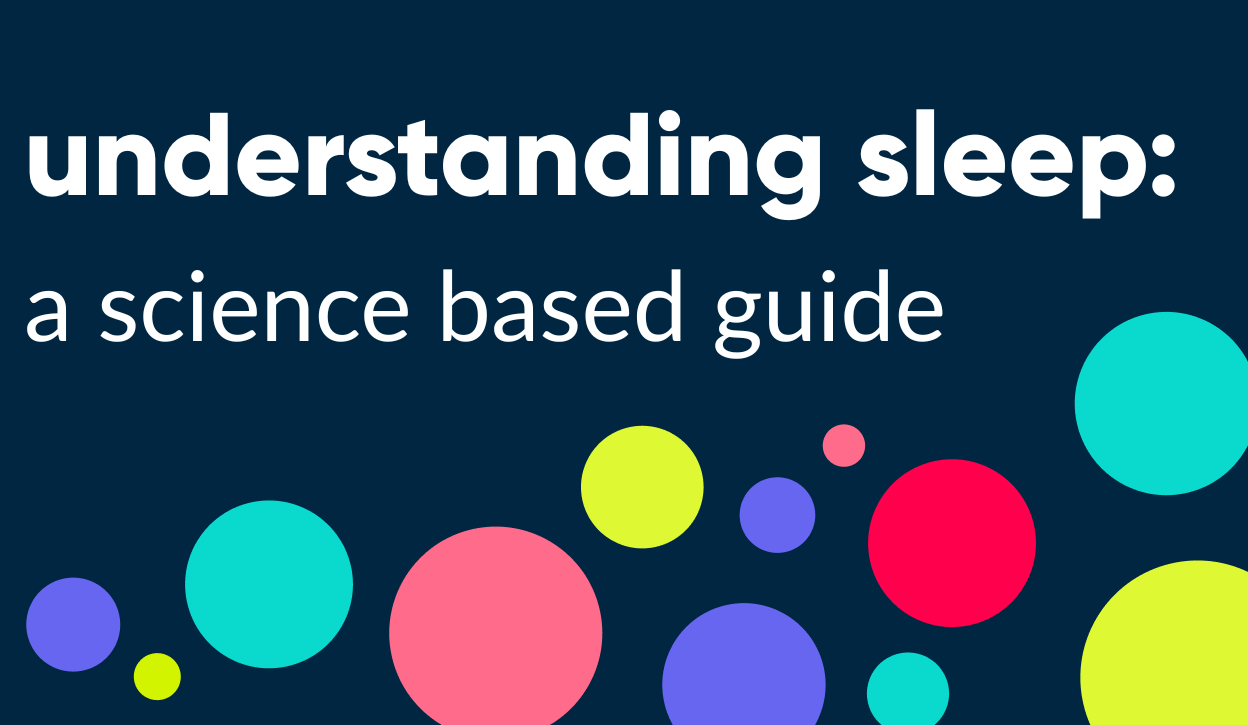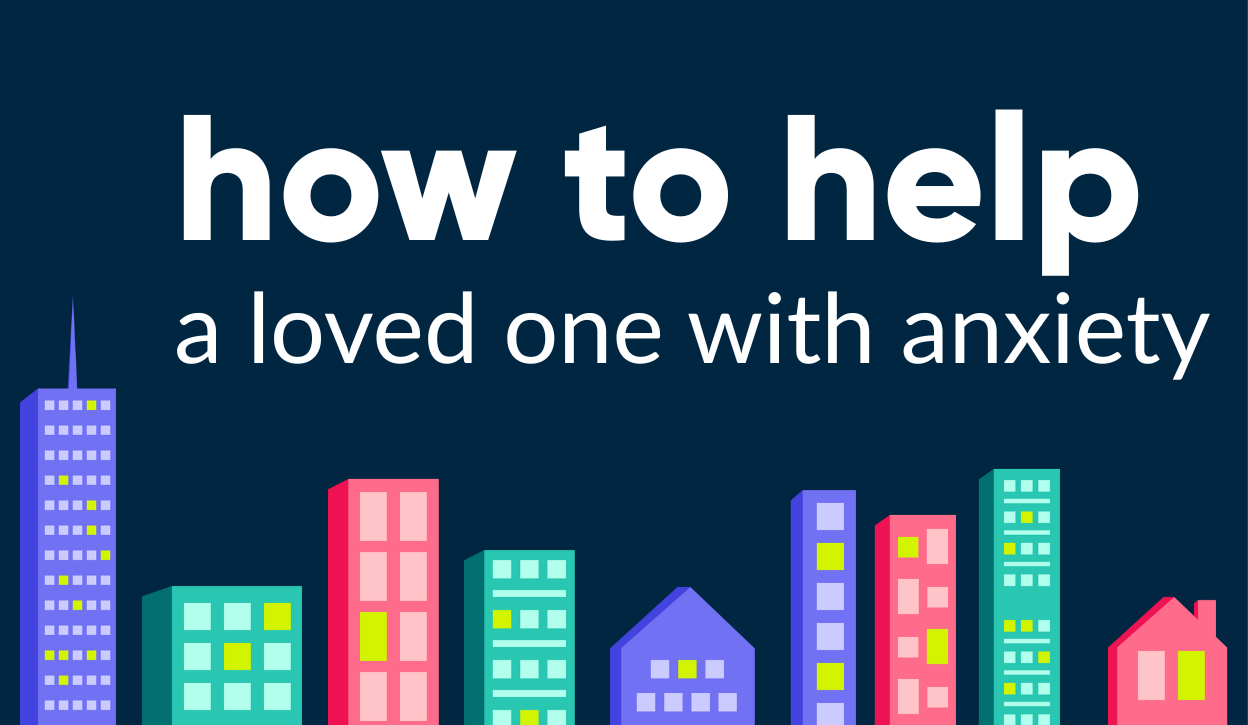
The Hormones That Control Sleep
Sleep is controlled by two key systems:
1. Circadian Rhythm (Your Body Clock)
- It’s a 24-hour cycle that tells your body when to sleep and wake.
- Light affects it — especially sunlight and blue light from screens.
- Controlled by a part of your brain called the suprachiasmatic nucleus.
2. Sleep-Wake Hormones
- Melatonin: Released when it gets dark. Makes you feel sleepy.
- Cortisol: Wakes you up in the morning and helps you feel alert.
- Adenosine: Builds up during the day — makes you feel more tired the longer you’re awake.
Sleep Stages: What Happens While You Snooze?
Your sleep goes in cycles, about 90 minutes each, and includes these stages:
- Stage 1: Light Sleep
- Lasts a few minutes, easy to wake up.
- Lasts a few minutes, easy to wake up.
- Stage 2: Deeper Sleep
- Heart rate slows, body starts to relax.
- Heart rate slows, body starts to relax.
- Stage 3: Deep Sleep (Slow-Wave Sleep)
- Body repairs itself, immune system strengthens. Hard to wake up.
- Body repairs itself, immune system strengthens. Hard to wake up.
- REM Sleep (Rapid Eye Movement)
- Brain is active. You dream. Important for memory and learning.
- Brain is active. You dream. Important for memory and learning.
💡 Fun Fact: You go through these stages 4–6 times each night!

How Much Sleep Do You Really Need?
Age Group
Hours of Sleep Needed
Kids (6–12 years)
9–12 hours
Teens (13–18 years)
8–10 hours
Adults (18–60+)
7–9 hours
Behavior: How to Sleep Better (Sleep Hygiene Tips)
Your actions during the day and night affect your sleep. Here’s what helps:
Good Habits
- Go to bed and wake up at the same time every day.
- Get sunlight in the morning to reset your body clock.
- Keep your room cool, quiet, and dark.
- Limit screens an hour before bed — they reduce melatonin.
- Exercise during the day, but not too close to bedtime.
- Use your bed only for sleep (not homework or scrolling TikTok).
Avoid These
- Caffeine (soda, coffee, energy drinks) in the afternoon or evening
- Heavy meals or sugar right before bed
- Staying up super late on weekends (“social jet lag”)
What Happens If You Don’t Get Enough Sleep?
- Trouble focusing in school
- Worse memory
- Mood swings or anxiety
- Weakened immune system
- Slower physical recovery
Sleep is like charging your phone. Skip it, and your brain battery runs out fast.
Final Thought
Sleep isn’t lazy — it’s smart. It helps you grow, focus, heal, and be your best.
So next time you think about staying up too late, remember:
Great days start with great nights.
Disclaimers: The information in this article is not meant to be substitute for advice provided by a doctor or another qualified healthcare provider. Individuals should always consult with a doctor for professional medical advice, diagnosis, or treatment.
Galvan Nodes and the IZE Blockchain are governed by a Distributed Governance Framework, which is distinct from and not solely controlled by Galvan DAO LLC. Any value derived from Galvan Nodes and IZE Digital Rewards is likely to be uncorrelated with the success or failure of Galvan.
Galvan does not sell tokens. The IZE Blockchain, which is governed by Galvan Node Owners, self-governs the distribution of tokens. Tokens are earned in exchange for work and action on the IZE Blockchain. The token is designed to have utility on the Galvan platform for the purchase of Galvan’s products and services. The token is not an investment product and may never have any value outside of the Galvan platform. Galvan Node Owners should not expect to recognize any value from the token other than its utility with Galvan. Galvan does not anticipate correlation between the token value and Galvan’s business activities.
This article may contain forward-looking statements that involve substantial risks and uncertainties. Forward-looking statements discuss plans, strategies, prospects, and expectations concerning the business, operations, markets, risks, and other similar matters. There may be events in the future that we cannot accurately predict or control. Any forward-looking statement contained herein speaks only as of the date on which it is made. Factors or events that could cause our actual results to differ may emerge from time to time, and it is not possible for us to predict all of them. We do not plan to update or revise publicly any forward-looking statements except as required by law.
Galvan Nodes and the IZE Blockchain are governed by a Distributed Governance Framework, which is distinct from and not solely controlled by Galvan DAO LLC. Any value derived from Galvan Nodes and IZE Digital Rewards is likely to be uncorrelated with the success or failure of Galvan.
Galvan does not sell tokens. The IZE Blockchain, which is governed by Galvan Node Owners, self-governs the distribution of tokens. Tokens are earned in exchange for work and action on the IZE Blockchain. The token is designed to have utility on the Galvan platform for the purchase of Galvan’s products and services. The token is not an investment product and may never have any value outside of the Galvan platform. Galvan Node Owners should not expect to recognize any value from the token other than its utility with Galvan. Galvan does not anticipate correlation between the token value and Galvan’s business activities.
This article may contain forward-looking statements that involve substantial risks and uncertainties. Forward-looking statements discuss plans, strategies, prospects, and expectations concerning the business, operations, markets, risks, and other similar matters. There may be events in the future that we cannot accurately predict or control. Any forward-looking statement contained herein speaks only as of the date on which it is made. Factors or events that could cause our actual results to differ may emerge from time to time, and it is not possible for us to predict all of them. We do not plan to update or revise publicly any forward-looking statements except as required by law.













